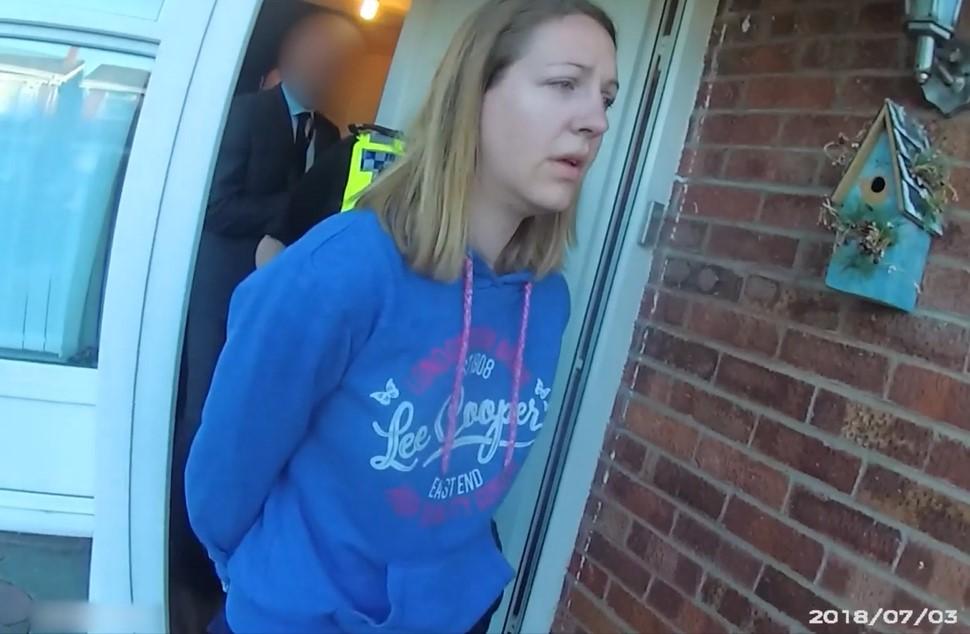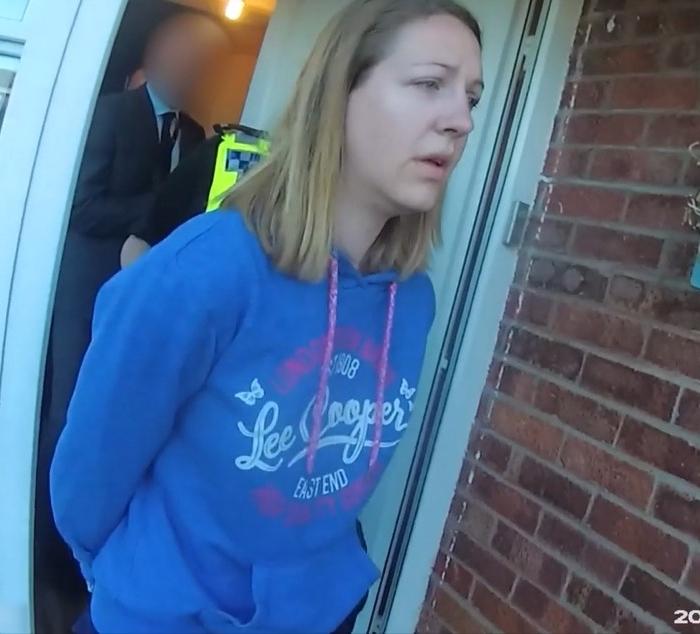The NHS has been accused by its outgoing ombudsman of fostering a “cover-up culture” and is more interested in “reputation management” than allowing grieving relatives to discover the truth about the avoidable deaths of loved ones.
Rob Behrans said his investigations into hospital failings had uncovered “the altering of care plans and the disappearance of crucial documents after patients have died and robust denial in the face of documentary evidence.”
He claimed that hospital boards, ministers, and senior staff all appear reluctant to end the health service’s victimisation of staff who blow the whistle on poor care and medical negligence.
Mr. Behrans gave the example of University Hospitals Birmingham NHS Trust, which over a 10-year period, referred 26 of its medics to the General Medical Council for alleged misconduct after they raised concerns about patient care. None were found to have committed any wrongdoing by their professional regulator.
The most recent figures suggest there are around 11,000 avoidable deaths each year caused by patient safety failings in the NHS.
Mr. Behrans said: “NHS leaders, including ministers, set the tone for the whole organisation. Time and again we hear that patient safety is a priority, but actions too often suggest otherwise.
“We need to see urgent significant, joined-up intervention to accelerate improvements in culture and leadership, not just in trusts or primary care, but also in NHS England and government.
Disappearing Documents
He accused the NHS of sometimes acting in a “dreadful” and “cynical” way to prevent the truth being revealed to bereaved relatives and claimed to have uncovered the “disappearance of crucial documents after patients have died.”Mr. Behrens also pointed to deaths in maternity care, mental health, and the treatment of sepsis—the body’s life-threatening response to an infection—as often being “avoidable” because they involved poor care.
Although the NHS has a legal “duty of candour”—meaning an obligation to be open and transparent with service users—the ombudsman said this was not compelling enough to force staff to tell the truth about mistakes, and called for ministers to overhaul the way the organisation is scrutinised and complaints dealt with.

Dr. Ravi Jayaram was one of several medics who raised concerns about Letby with senior staff at the Countess of Chester hospital, but police were not contacted until two years after doctors first flagged the nurse’s presence on shift with the increase in baby collapses.
Dr. Jayaram said, “In health care, we are human beings ... unfortunately we are flawed individuals, things will go wrong, but we need to learn from them.”
“We can only learn from them if we acknowledge things have actually happened.”
“Time and time again what happens … the reaction, rather than embracing the fact that you have got members of staff who feel safe enough to raise concerns, the reaction is ‘that can’t get out’ because it will make us look bad.”
Last year, the government announced that a medical examiner will review the cause of death given in all cases not investigated by a coroner, in a policy designed to uncover criminal activity or medical negligence.
‘Martha’s Rule’ to Allow for 2nd Opinion
NHS England has announced that Martha’s Rule will be rolled out in hospitals from April, creating the right for patients and their families to seek an urgent second opinion if they are concerned theirs or their loved one’s condition is deteriorating.Martha’s Rule is named after 13-year-old Martha Mills, who died of sepsis in 2021 after doctors ignored her family’s concerns about her deteriorating condition and failed to give her the enhanced care that could have saved her life.
An NHS spokesman said in a statement: “It is absolutely vital that everyone working in the NHS feels they can speak up and that their concerns are acted on, and every local healthcare system is expected to adopt an updated national Freedom To Speak Up policy.”
The statement added that in addition to updated guidance for whistleblowers, the NHS has brought in extra background checks for board members to prevent directors involved in serious mismanagement from joining another NHS organisation.
“As the ombudsman is aware, there have been major efforts to prioritise patient safety in England and progress in creating a more positive safety culture amongst the workforce, which has led to higher levels of patient safety incident reporting than ever before and a widespread focus on improvement—including through the new Patient Safety Incident Response Framework.”
“While significant harm from patient safety incidents is thankfully rare, reporting incidents allows us to review and understand how they have happened so we can take effective steps to improve, ultimately making services safer for patients.”







